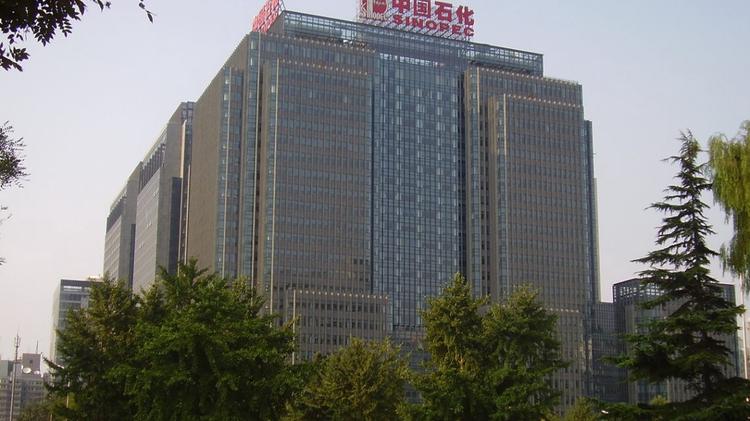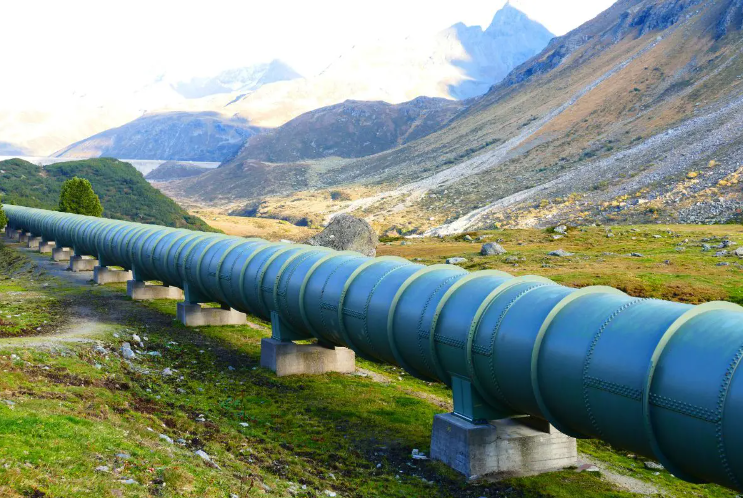
The country’s oil and chemical giant intends to build a 400km pipeline.
This first “West to East” hydrogen transmission line in the country will run from Inner Mongolia’s Ulanqab to Beijing, and will transfer green hydrogen produced from renewable power projects in the northwestern region to cities in China’s east.
This will be the first eco-friendly hydrogen pipeline in China.
H2 pipelines are not new to China. The nation has previously established pipelines for grey hydrogen, which is H2 produced from fossil fuel sources. However, Sinopec’s newly planned hydrogen pipeline would be an eco-friendly alternative to existing pipelines as the H2 its transferring is produced using water splitting technology powered by renewable energy
Sinopec’s H2 pipeline is expected to have an initial capacity of 100,000 tons per year. Additionally, the green hydrogen transmission line will reportedly have ports to grant access to new potential H2 sources.
Producing hydrogen via renewable energy boosts demand for clean energy plants and strengthens the renewables sector, such as solar and wind farms. Sinopec’s hydrogen transmission line project is expected to promote the use of hydrogen fuel cells in multiple applications while guaranteeing the long-term use of renewable energy.
The hydrogen transmission line project follows China’s goal to produce up to 200,000 tons of green H2 per year.
China, like many countries, has ambitions hydrogen goals as it aims to transition toward clean energy. The country has pledge to lower its emissions to a net-zero level by 2060 and plans to rely on green hydrogen to develop a more sustainable H2 infrastructure. Among these plans include its goal to produce 100,000 to 200,000 tons of green H2 each year, as well as about 50,000 hydrogen-powered vehicles by 2025.

Sinopec plans to work toward achieving its renewable hydrogen goals through several projects, including building a green hydrogen plant in Ordos, Inner Mongolia this year (2023). The plant’s intended annual capacity is 30,000 tons.
Sinopec has several green H2 projects in the works
In 2021, the company launched a green H2 project in Xinjiang’s Kuqa region. Also in the works is a project to use green hydrogen to generate coal chemicals. The project, which will reportedly be the world’s largest of its kind, is valued at an estimated $830 million, and will be constructed in Ordos, Inner Mongoloa. The facility is anticipated to generate 30,000 metric tons of green H2 and 240,000 tons of green oxygen annually, as well as lower carbon emissions by 1.43 million tons every year.
Sinopec’s green hydrogen plans, including its hydrogen transmission line, show how the company is making the most of the global drive to make the switch from fossil fuels to renewable and sustainable sources of energy.